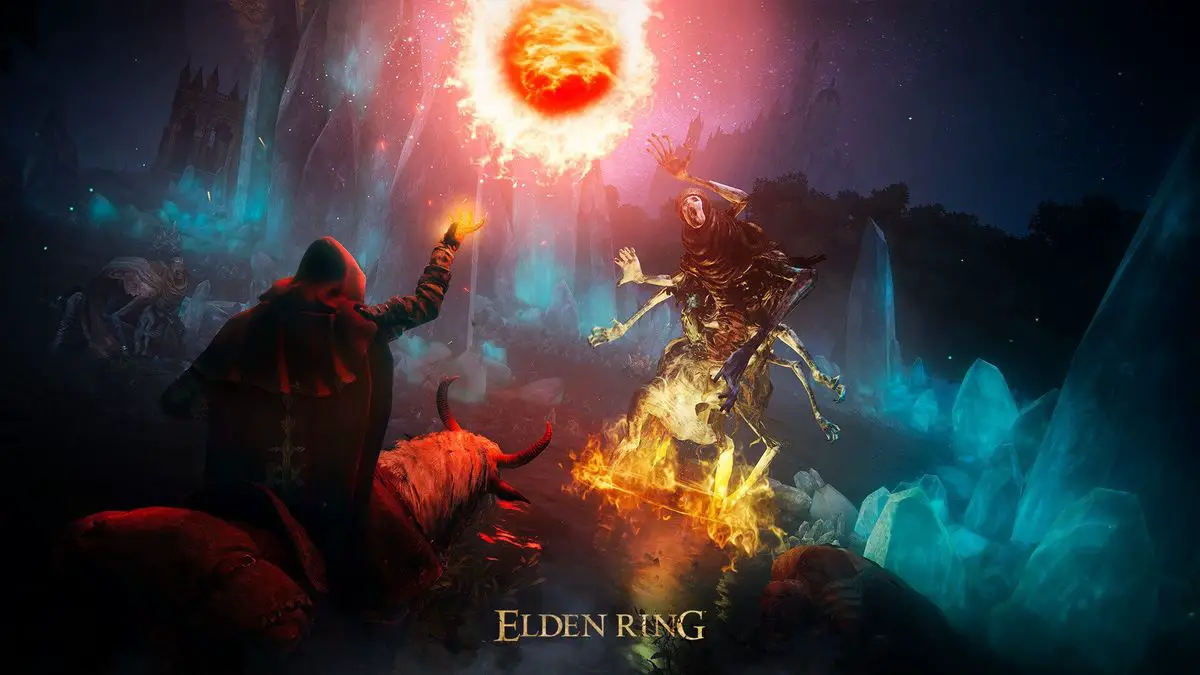Today we are going to explain all Elden Ring classes, their combat style, weapons, stats and more. There are ten available beginning classes, but some will undoubtedly be familiar to you if you’ve spent time playing games like Dark Souls. Elden Ring allows for greater extensibility of your build as you play, but the initial option you make will have an impact on how the first several hours of your adventure go.
We’ll go over the differences between Intelligence and Faith and explain what Arcane is. Once you’ve met Melina for the first time, you’ll be able to level your character and invest in attribute improvements using runes. We are here to help you choose Elden Ring classes that are appropriate for your playstyle. You can pre-purchase Elden Ring from Steam.
All Elden Ring classes: Which should you choose?
The Vagabond and Astrologer are decent starter Elden Ring classes if you want to play as a melee or spellcaster, respectively, in Elden Ring. More seasoned players may wish to experiment with the unique beginning gear and attributes of the Samurai or Prisoner archetypes. Continue reading to learn more about all ten Elden Ring classes.
| Class | LVL | VIG | MND | END | STR | DEX | INT | FTH | ARC |
|---|---|---|---|---|---|---|---|---|---|
| Vagabond | 9 | 15 | 10 | 11 | 14 | 13 | 9 | 9 | 7 |
| Warrior | 8 | 11 | 12 | 11 | 10 | 16 | 10 | 8 | 9 |
| Hero | 7 | 14 | 9 | 12 | 16 | 9 | 7 | 8 | 11 |
| Bandit | 5 | 10 | 11 | 10 | 9 | 13 | 9 | 8 | 14 |
| Astrologer | 6 | 9 | 15 | 9 | 8 | 12 | 16 | 7 | 9 |
| Prophet | 7 | 10 | 14 | 8 | 11 | 10 | 7 | 16 | 10 |
| Samurai | 9 | 12 | 11 | 13 | 12 | 15 | 9 | 8 | 8 |
| Prisoner | 6 | 11 | 12 | 11 | 8 | 14 | 14 | 6 | 9 |
| Confessor | 10 | 10 | 13 | 10 | 12 | 12 | 9 | 14 | 9 |
| Wretch | 1 | 10 | 10 | 10 | 10 | 10 | 10 | 10 | 10 |
Your starting class and stats in Elden Ring will influence what gear or spells you can use early on, as they would in any RPG. You’ll spend points in your attributes over time, which may push your character toward different paths.
Elder Ring stats:
- Vigor (VIG): Increases health.
- Mind (MND): Increases Focus Points.
- Endurance (END): This value controls the amount of stamina and equipment carried by the player.
- Strength/Dexterity (STR/DEX): You need certain levels of STR or DEX in order to equip some weapons, these attribitues also scales the damage capacity of your character.
- Intelligence/Faith/Arcane (INT/FTH/ARC): You need certain levels of these attributes in order to deal more magic damage.
Vagabond
For gamers unfamiliar with FromSoftware’s other role-playing games, the Vagabond is a good entry point. The Vagabond begins with a one-handed swords and a shield, ensuring that you will be well-protected from going straight to fighting your way through the game.
Beginning with 15 Vigor will allow you to survive a few attacks from most early foes. However, the points already invested in STR and DEX will enable you to use a variety of physical weapons right away.
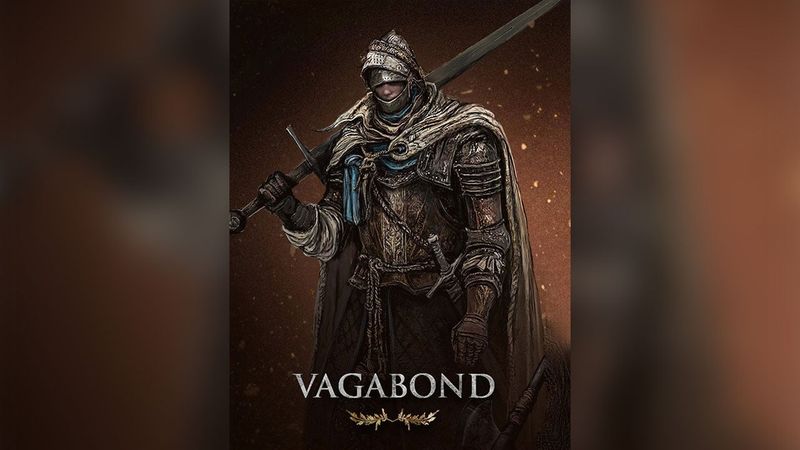
Warrior
The Warrior is a more specialized version of the Vagabond, with a higher starting Dexterity score and less in Vigor and Strength to make up for it. Dual swords and an offhand shield are among the initial weapons available to them.

Hero
The Hero class is a viable alternative for players who enjoy melee fighters and desire more durability than the Warrior. The hero starts with a larger shield and battleaxe, as well as high Strength and Vigor stats.
It’s a decent choice if you’re comfortable with your Soulslike fighting abilities and want the flexibility to invest points as you see fit throughout Elden Ring. Just keep in mind that it begins relatively heavily skewed towards weapons, which need STR, and that if you like another weapon type, you’ll have to rapidly spend points into DEX.

Bandit
The bandit is an odd starting class, best left to players who are particularly drawn to its stats. The bandit comes equipped with a tiny shield, a knife, a bow, and arrows. Their high starting Dexterity stat pairs well with both weapons, but they also come with a quite-high 14 points in Arcane. Initially, you’ll do well to use your Bandit’s high Dexterity to land critical hits with your short bow, backstabs with stealth, or get really good at parrying with that little buckler shield.
The bandit is a strange beginning class that should be avoided by anybody who isn’t particularly interested in its stats. A tiny shield, a knife, a bow and arrows, and 14 points of Arcane are all included in the package. Their high starting DEXT rating works well with both weapons; however, they also have 14 points in Arcane. You should use your Bandit’s high Dexterity to land critical hits with your short bow, backstabs with stealth, or learn how to parry while you start out.

Astrologer
The Astrologer’s high Mind score is worth noting. Having a greater Mind level means you’ll start with more Focus Points, which are spent to summon spiritual allies after obtaining the Spirit Calling Bell. Being able to call upon a variety of spirits at will is one of Elden Ring’s interesting new features compared to the Souls-like games.
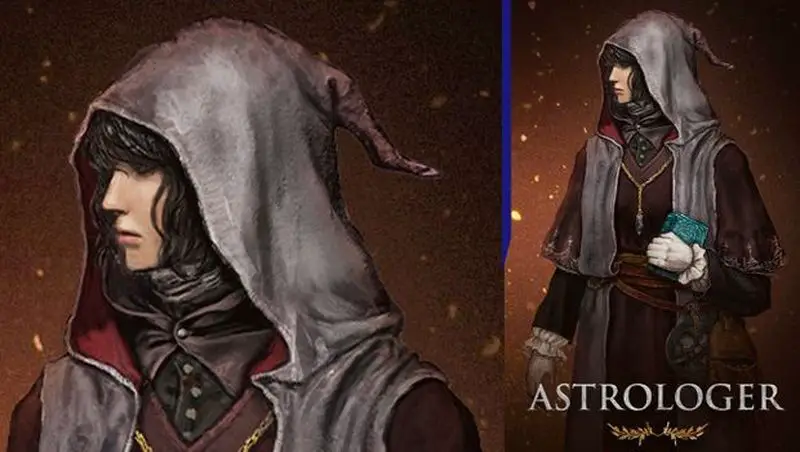
Prophet
The Prophet and Astrologer, like the Warrior and Hero, are two distinct spellcasting classes with different specialties. The Prophet, like the Astrologer, has a high starting Mind attribute for summoning spirits. They instead have a higher Faith statistic, which pushes them towards spells that are more healing-oriented rather than Intelligence. They make up for this by being somewhat more powerful in Vigor and Strength, so melee combat isn’t impossible.

Samurai
Start with the Samurai class if you want something unusual. They’re armed with a katana, longbow, offhand shield, and fire arrows. This is the second-highest Dexterity score among the classes, after the Warrior, this enables you to equip a long-range weapon right away.

Prisoner
The Prisoner is the first class to have a sword, staff, and shield in their arsenal. They have 14 points each in Dexterity and Intelligence, making them appear to be a sort of wild rogue sorcerer. If you’re ready to take things slowly and think about how you want to fight, this is an excellent initial build. Sometimes spellcasting may be more effective; at other times using stealth attacks may be preferable. If neither of those options work, make use of your starting buckler shield to do some parries. This is a more difficult-than-average beginning class.

Confessor
The Confessor class starts the game with a sword and shield, as well as decent STR and DEX figures. You’ll also have those 14 Faith points to spend on health-boosting and utility spells like the Prophet, so watch out for that. If you choose Confessor, you’ll need to think about how you’re going to distribute your stats. Since you’ll have to invest points in a variety of factors, your progress may appear sluggish compared to an Astrologer or Hero that can immediately focus on a few important statistics.
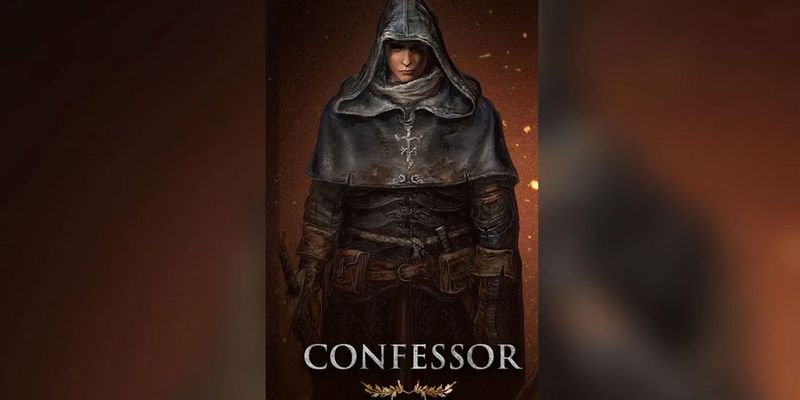
Wretch
The Wretch is Elden Ring’s most challenging initial class, as it was in previous FromSoftware games. You’ll start with just a basic club and no armor, so any combat blunders on your part will be hard to recover.
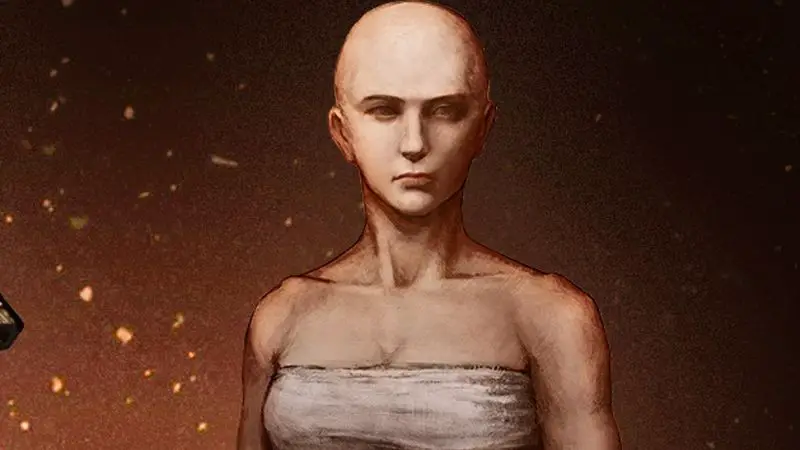
Of course, the advantage is that because the Wretched is low level and has all ten points in stats available, you may play how far you want without worrying about scaling down. This class should be taken by players who are confident in their abilities and know exactly what type of build they’re after.

